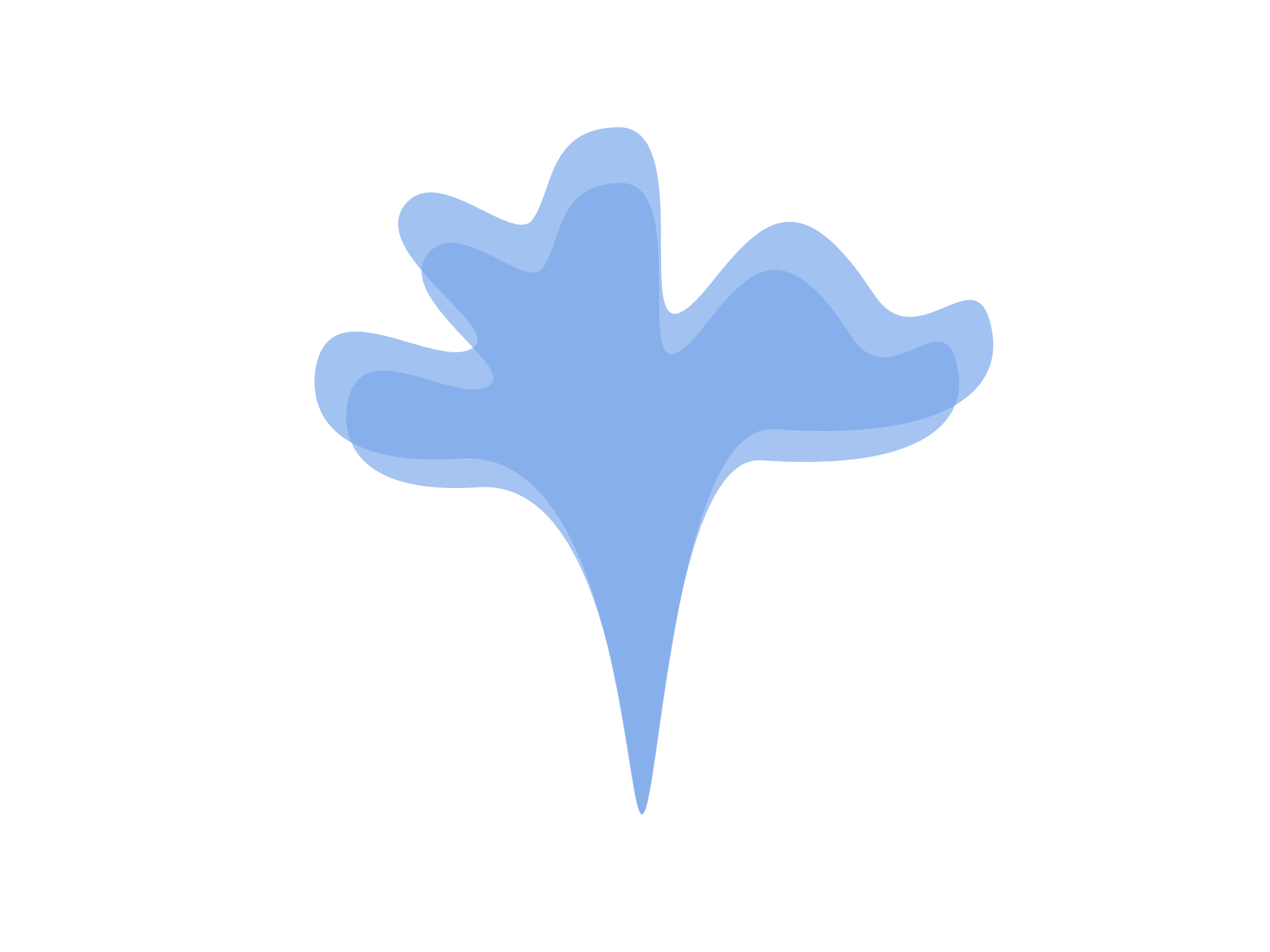Therefore a request is brought forth: everything should create its own time. It creates its rhythm, which must interweave with others. The interaction of time scales among humans can be a social problem; in the world’s operations, it becomes a mechanical one. A uniform time system, however, only glosses over the problem.
By way of illustration, remember that ‹night owls› and ‹morning people› sometimes have a hard time living together. Also, the existence of the planetary system is based on harmony beyond mere mathematical integrity. This is the extent of the first request: our concept of time must come to life, stretchable where appropriate, and shortenable where it appears right. The old rigid concept of time still compels us to believe in miracles when a lot of content appears to be squeezed into one moment. It prevents us from understanding certain processes. So we call for time to be humanized because all these tendencies are perceptible in humans. However, we also call for new accountability of time, recognizing the need to cultivate our own sparingly developed experience of time.
From Georg Kniebe, What Is Time? Stuttgart 1993.
Image Sofia Lismont – Translation by Simone Ioannou





